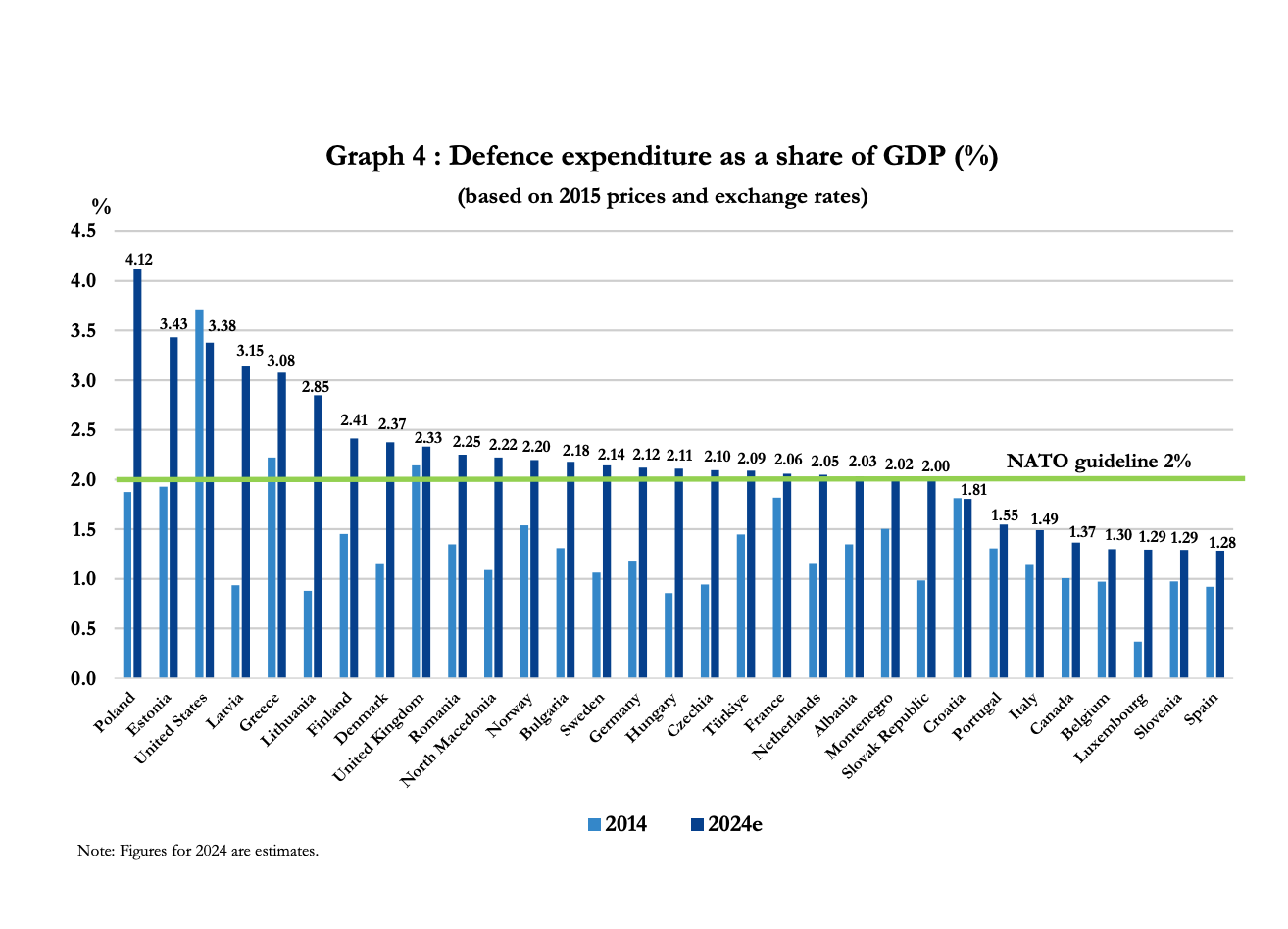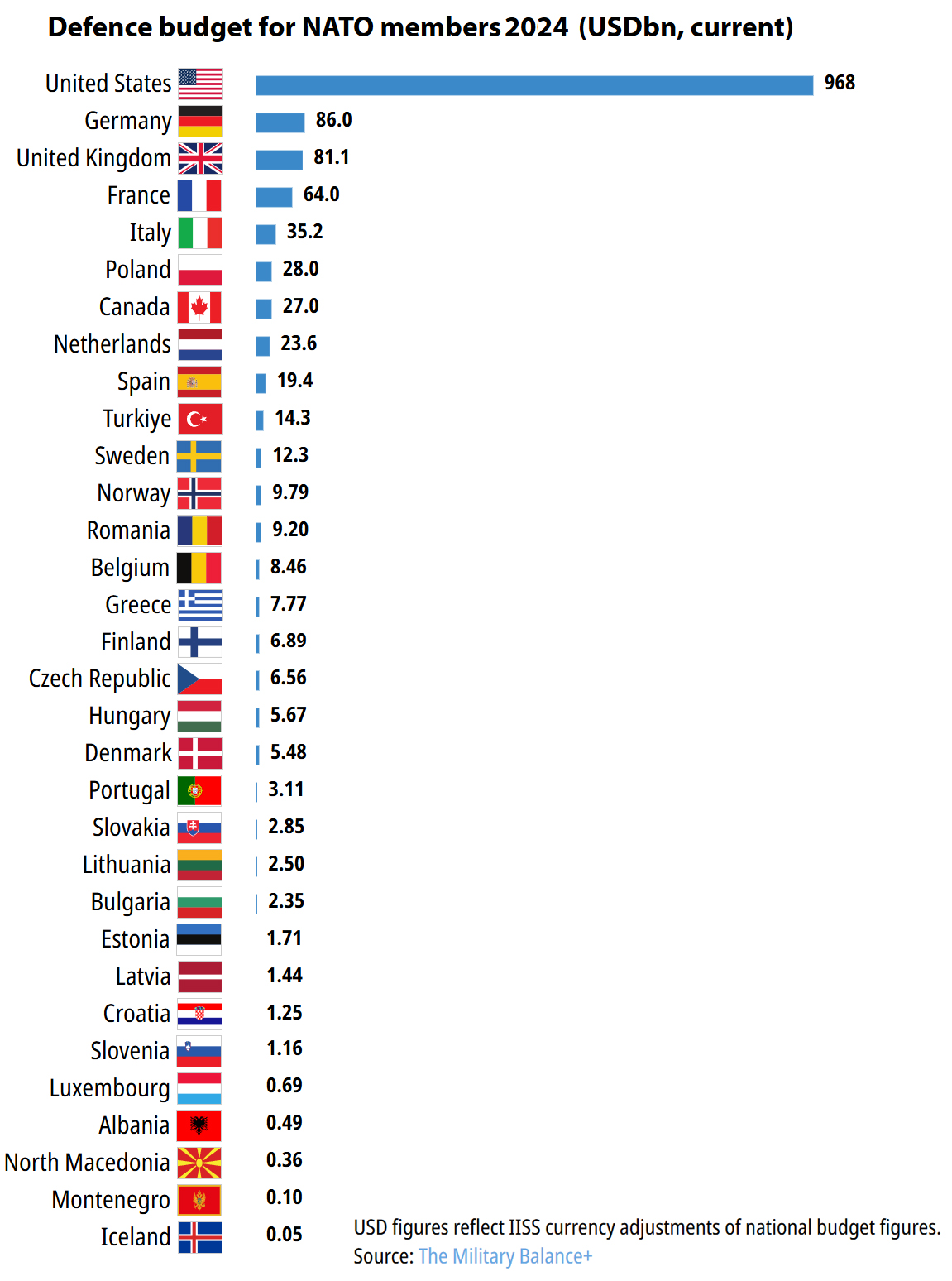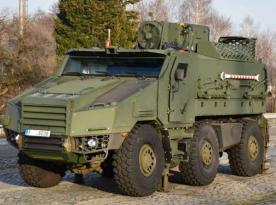Throughout 2023 and 2024, the same horror story was heard at every security forum in Europe: if Donald Trump were to come to power in the United States, he'd stick to election promises and reconsider Washington's role in ensuring the security of the European continent. Just to remind, Trump ran for office under the banner of isolationism and the slogan "America First," considered withdrawing from NATO, and his Heritage Foundation (co-author of the Make America Great Again idea) endorsed a total reorientation of defense priorities toward the Pacific region at the cost of leaving Europe.
Despite all that, the opening remarks by U.S. Defense Secretary Pete Hegseth at the Ukraine Defense Contact Group meeting had a chilling effect on the audience gathered at the Ramstein Air Base in Germany on Wednesday afternoon, February 12th, 2025.
Read more: KSF Reports on Backroom Negotiations Between Donald Trump, Keith Kellogg, and Vladimir Putin on Ukraine
Hegseth in his opening speech stated the main theses that fully outline the immediate future of security in the West. Most importantly, he reaffirmed that the United States, having been a key player in the establishment of Europe's security architecture since World War II, is now stepping back and leaving that responsibility to the Europeans.
"Stark strategic realities prevent the United States of America from being primarily focused on the security of Europe… The U.S. is prioritizing deterring war with China in the Pacific, recognizing the reality of scarcity, and making the resourcing tradeoffs to ensure deterrence does not fail," Hegseth said.
He noted that the US remains committed to NATO and to the defense partnership with Europe but "will no longer tolerate an imbalanced relationship which encourages dependency." In order to ensure the partnership lasts, European allies must "take ownership of conventional security on the continent." In this context, the Defense Secretary urged the allies to increase their defense spending to 5% of GDP.

Defense Express reminds what NATO member states' defense spending looked like in 2024 (see the graph above) and that for many European members reaching 5% requires unprecedented, practically unrealistic economic measures. However, Washington apparently doesn't see it that way, since Pete Hegseth called on the allies to "level with your citizens about the threat facing Europe."
On a quick note, in 2024, eight NATO countries spent even less than 2%, and many of them only expect to meet the two-percent quota by the end of this decade. And it's not about small countries only: Italy and Spain are among them, too. Moreover, security is ensured not by percentages of their respective economies but by the amounts of real money allocated to equip and train the army. From this standpoint, the expenditures look like this:

But the main takeaway is that Pete Hegseth made it clear: dealing with Europe's problems is up to Europeans, not the Americans.
That said, we should also outline a few other points that he made on behalf of the United States about Ukraine's future:
- Ukraine will not go back to the pre-2014 borders
- Ukraine will not be a member of NATO in the foreseeable future
- A peace treaty should not become another one of the so-called Minsk Agreements
- Peace should be ensured by "international control over the contact line"
- American troops will not be deployed in Ukraine as part of any security mission
- A security mission should not be covered under NATO Article 5
- All lethal and non-lethal assistance to Ukraine should be provided by Europe
Read more: russia’s Battlefield Losses: IISS Report Unveils Staggering Figures














